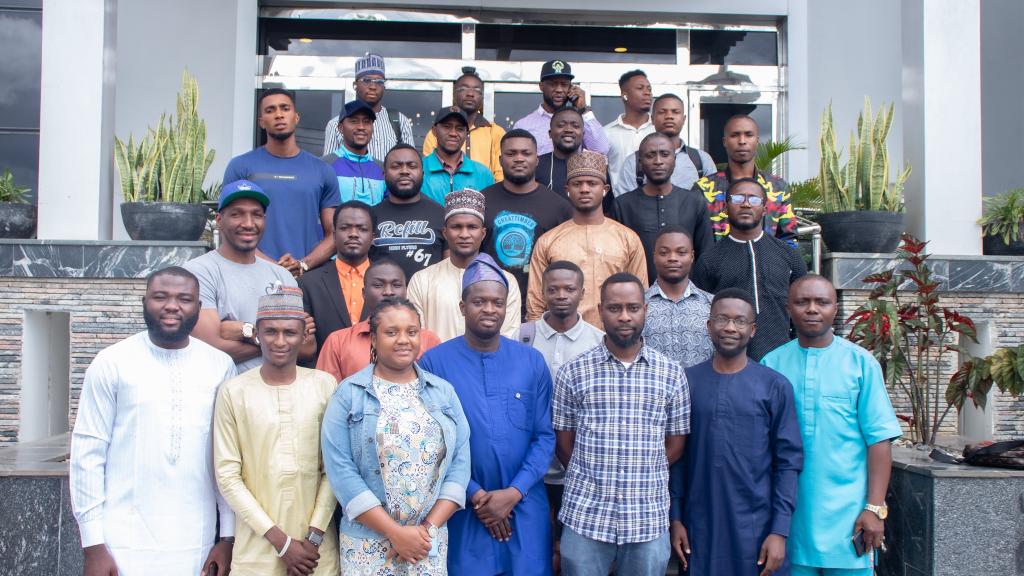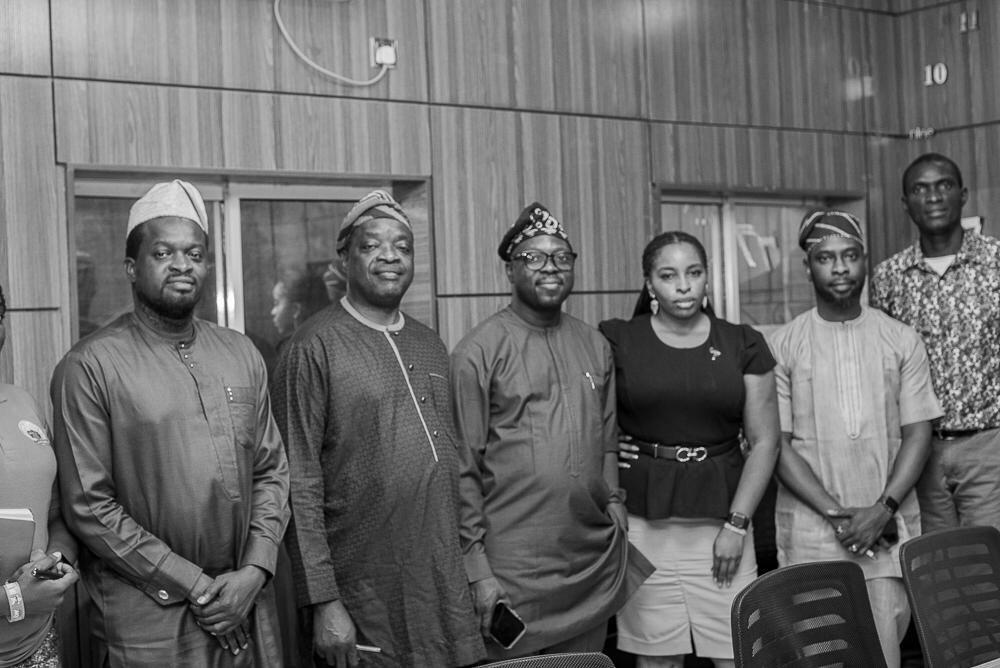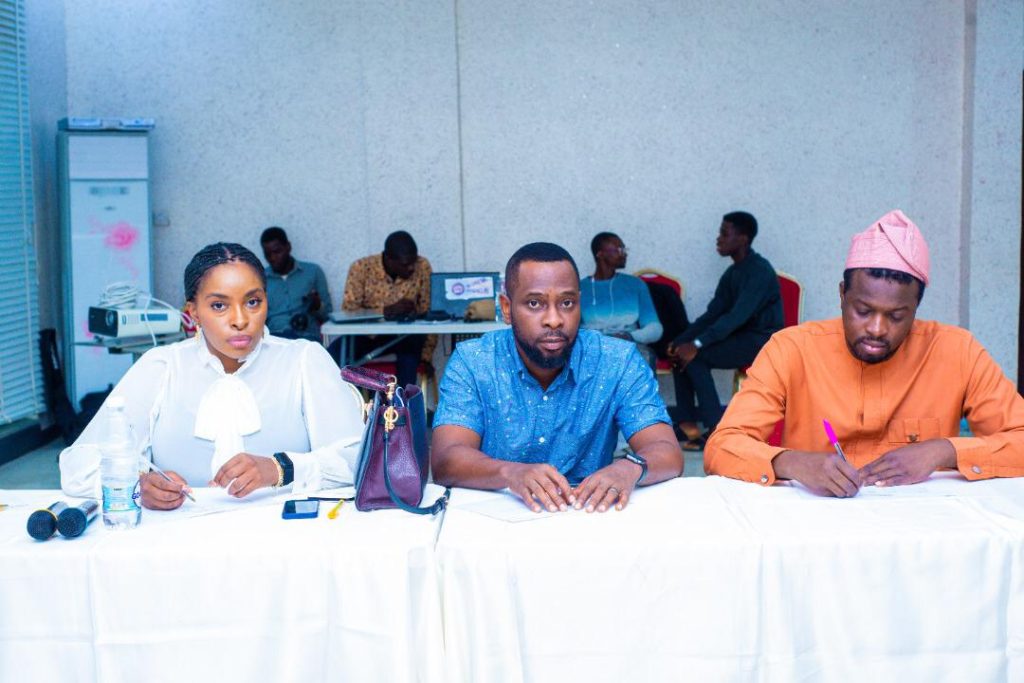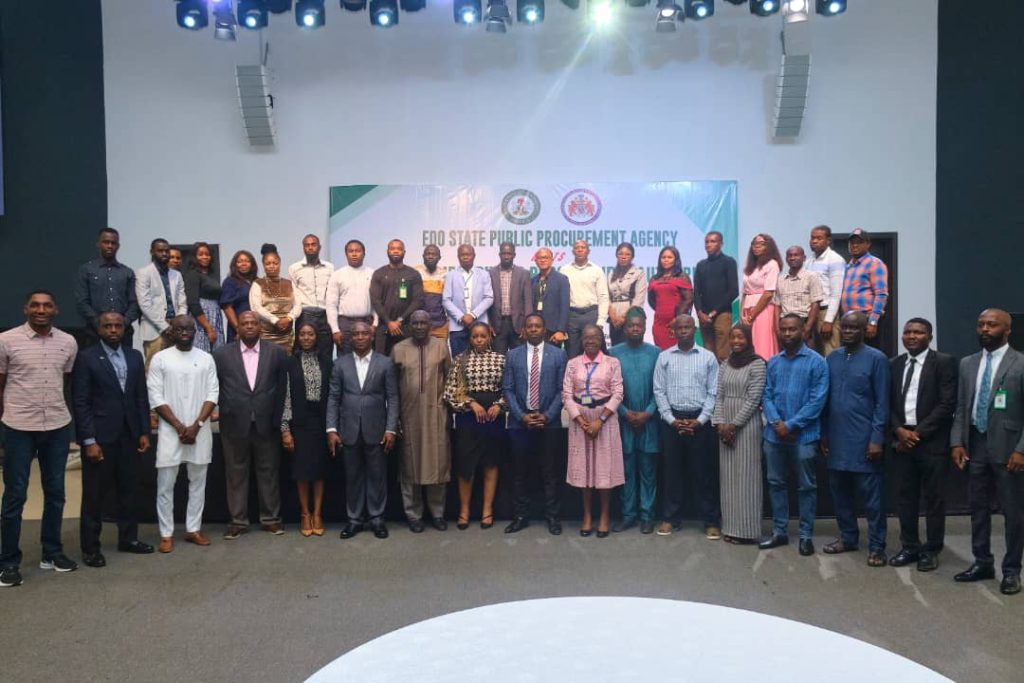A Professor of English and Communication Arts at the Ignatius Ajuru University of Education (IAUE), Port Harcourt, Rivers State, Mercy Adesanya-Davies has advocated the creation of a conducive environment for Nigerians to harness the power of indigenous languages as a weapon to end corruption and security challenges in the country.
The Ira-Kwara-born Adesanya-Davies stated this in the 57th inaugural lecture of the university, which she delivered.
The event was presided over by the vice-chancellor of IAUE, Prof. Ugochukwu Onuchuku.
In her lecture titled: “Leveraging the Transformative Potential of Language on Nigeria’s Societal Challenges,” Adesanya-Davies asserted that languages, especially the Nigerian indigenous languages, have the transformative potential to address Nigeria’s societal challenges.
She said if the power of languages and linguistics, as enshrined in the nation’s constitution, were adequately explored, “All evil vices in the country would have to be shunned from corruption to insecurity, terrorism, banditry, that have been leading to retrogression, lack of peace, unity and progress.”
Stressing the impacts of indigenous languages on Nigeria’s societal challenges, using a case study approach, “Leveraging the Transformative Potential of Language on Nigeria’s Societal Challenges: A Case Study of AUDIO Bible in Nigerian Indigenous Languages”, the university teacher recalled the impact made by Professor Ajayi Crowther through his Yoruba version of translated English Bible.
Describing Crowther as the pioneer and father of Linguistics in Nigeria and Africa, Adesanya-Davies said Bishop Crowther was responsible for creating the Yoruba alphabets from English alphabets, compiling a Yoruba dictionary and wrote many books, including “A Brief History of the Yoruba”.
“The hallmark of Bishop Ajayi Crowther’s fame in Linguistics was translating the English Bible to Yoruba in 1883,” she said.
Adesanya-Davies added that: “Nigerian indigenous languages are vital to the country’s cultural, social, economic, and political development. Their preservation and promotion are essential for maintaining cultural diversity, improving education, building communities, promoting economic growth and fostering national pride.
“I hereby present the audio Bible in Nigerian indigenous languages as having the transformative potential to solve Nigeria’s societal challenges.”
As an applied linguist, she propounds Artificial Intelligence Linguistics (AIL), which is a new branch of applied linguistics.
“AI linguistics as a subfield of Applied Linguistics would be rich and focus on the interaction between computers and human language. It would involve the development of algorithms and statistical models that would enable computers to process, understand, and generate natural language data,” she said.
According to her, one of the key goals of AI linguistics “Would be to develop computers that can understand and process human language in a more human-like way. This would involve developing systems that can analyse and understand the meaning of language, rather than just processing it as a series of symbols, as also agreed by McShane & Nirenburg (2021).”
She said, “First God and His word at the creation, then man and his languages and next it would be AI and AI Linguistics in the development of mankind.”
Last modified: July 30, 2024








